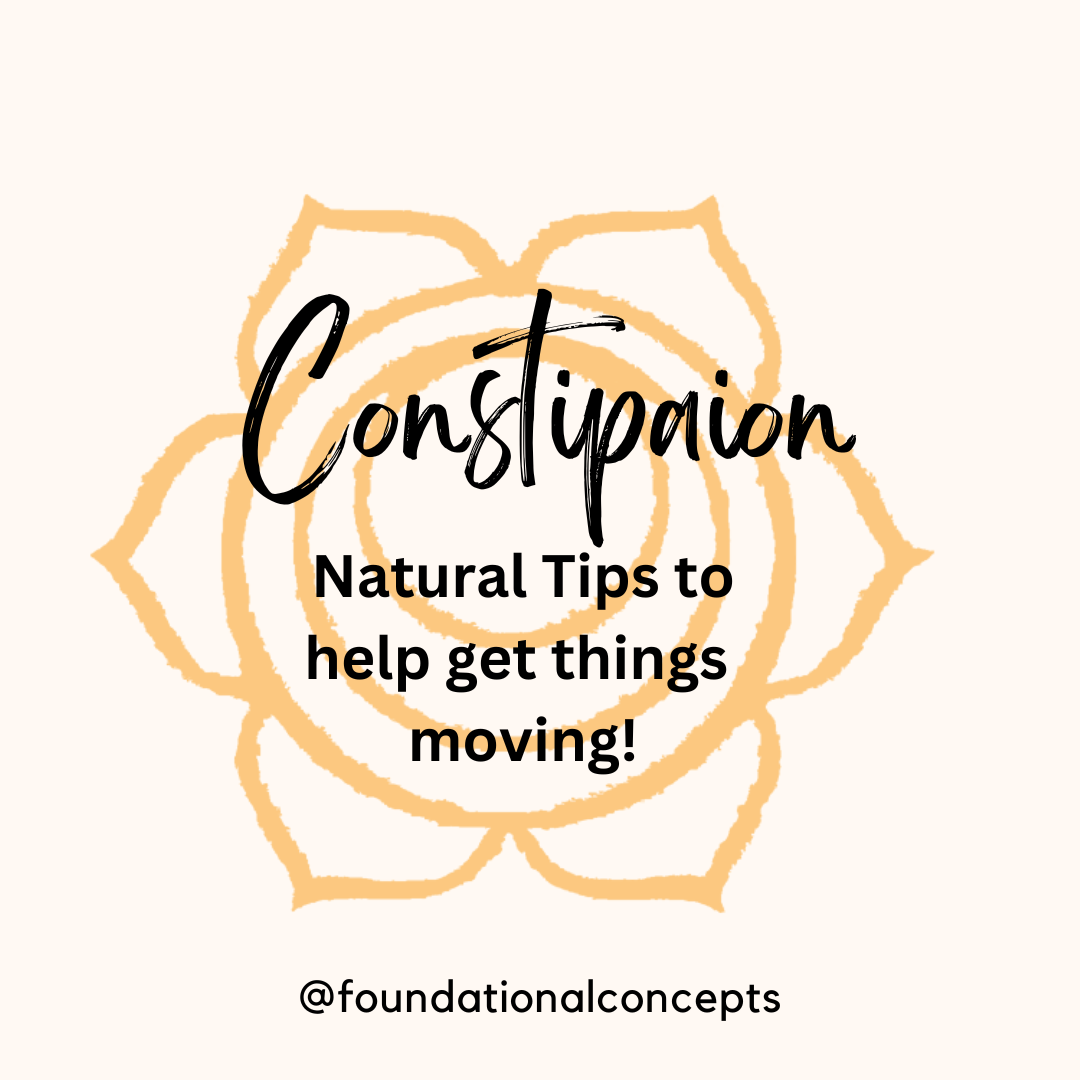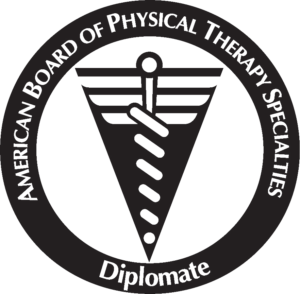Nutrition plays such an important role in our pregnancies and post-partum periods. Breastfeeding requires time…

Hormones
Do you ever start your period and think, “Well, that explains a lot…” Hormones can be really frustrating especially when we don’t fully understand what is happening in our body during a hormone surge or hormone depletion.
Hormone means to urge or excite. At a simple level, hormones control when an adolescent starts puberty and how they feel during puberty. They determine how you handle stress, how you react to emergencies, and every single mood that affects you. Whether you are hungry or full. How you use the food you eat. They play a large role in our lives.
Our hormone levels can be high, low, or normal. They can be a great communication source, but they can also be frustrating and confusing to understand.
Let’s focus on estrogen for a moment. Estrogen is produced in the ovaries and will increase and decrease throughout a woman’s lifespan. Typically, estrogen levels rise and fall during the menstruation years. When a woman goes through the peri and post menopausal years she will have a reduction in estrogen production.
Common symptoms during a woman’s menstrual cycle:
- Cramping
- Fatigue
- Bloating
- Headaches
- Mood changes
- Increased vaginal discharge (usually during ovulation)
These are all normal to a point and every woman can experience these differently. Some women don’t have any symptoms and others can have heightened symptoms.
Common symptoms of menopause:
- Hot flashes
- Reduced sleep
- Mood changes
- Vaginal dryness
- Decreased coloring of vulva
- Vaginal atrophy
How can pelvic floor physical therapy help?
As pelvic floor therapists we are able to help resolve muscle imbalances that can occur as a result of hormonal changes throughout a woman’s lifespan. We are able to use manual techniques to improve movement to tight muscles in order to help those muscles relax. We can also help you learn proper strengthening in order to better stabilize and support the core. Sometimes our muscles can tense up as a result of pain, but our job as therapists is to help a patient learn how to properly relax and/or strengthen their pelvic floor so that symptoms can be managed and ultimately lessened. Oftentimes, when we are able to restore normal muscle function symptoms improve.
Addie Long, DPT, PRPC




